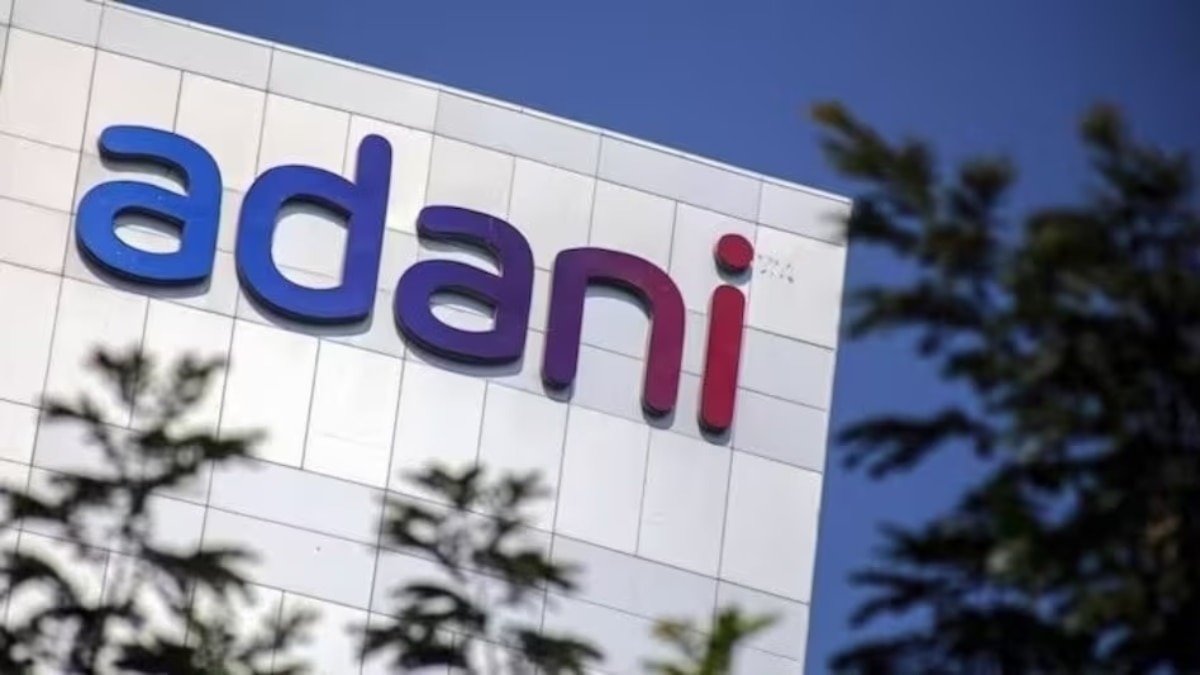The Adani Group contributed ₹74,945 crore to the exchequer in FY25 through its portfolio of listed companies—marking a 29% jump over the previous year’s figure of ₹58,104 crore, the group announced on Thursday.
Of the total contribution, direct taxes amounted to ₹28,720 crore, indirect taxes stood at ₹45,407 crore, and other contributions added ₹818 crore.
To put it in perspective, the amount is equivalent to the estimated cost of building the entire Mumbai Metro network and nearly enough to fund a modern-day Olympic Games. The numbers come from the annual reports of seven of Adani Group’s listed companies: Adani Enterprises, Adani Ports and SEZ, Adani Green Energy, Adani Energy Solutions, Adani Power, Adani Total Gas, and Ambuja Cements. The consolidated figure also includes taxes paid by NDTV, ACC, and Sanghi Industries, which are held by the seven main entities.
Key contributors among the group’s public firms include Adani Enterprises Limited (AEL), Adani Cement Limited (ACL), Adani Ports and Special Economic Zone (APSEZ), and Adani Green Energy Limited (AGEL).
The group has also released a document titled ‘Basis of Preparation and Approach to Tax’ on its official websites, which details the methodology behind these numbers. The report categorises taxes under three heads.
Direct contributions: Global taxes, duties, and other charges directly borne by Adani companies
Indirect contributions: Taxes and duties collected and paid on behalf of other stakeholders
Other contributions: Employee-linked items like social security
Adani Group describes tax transparency as a core component of its environmental, social, and governance (ESG) agenda. “Through this voluntary initiative, the Group aims to demonstrate its commitment to transparency, foster stakeholder trust and contribute to a more accountable global tax environment,” the statement said.
The group says it remains focused on aligning business growth with long-term social responsibility, innovation, and value creation—particularly in the context of transforming India’s infrastructure landscape.
